“Tech Titans Unite: Elon Musk and Other Visionary Leaders Call for a Pause on AI Training to Safeguard Our Future”- UPSC
A group of technology industry executives and academics, including Elon Musk, Steve Wozniak, and Grady Booch, have signed an open letter calling for a six-month pause on large, open experiments with artificial intelligence (AI). They warn that companies researching AI or AI Training are locked in an out-of-control race to develop and deploy ever more powerful digital minds that no one – not even their creators – can understand, predict, or reliably control. The letter argues that if such a pause cannot be enacted quickly, governments should step in and institute a moratorium.
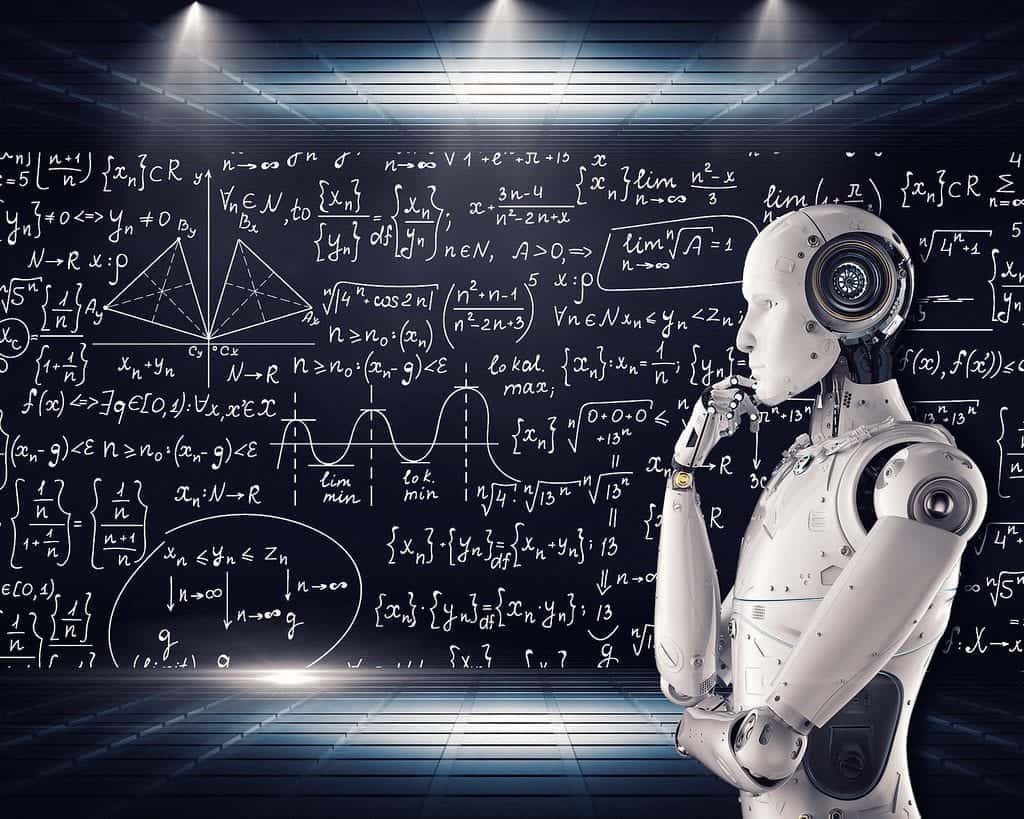
The letter highlights the potentially apocalyptic scenarios that could result from unchecked AI development, such as the risk of developing nonhuman minds that might eventually outnumber, outsmart, obsolete and replace humans, or the risk of loss of control of our civilization. The signatories argue that such decisions must not be delegated to unelected tech leaders, and that governments must step in to regulate the industry.
Academics who signed the letter include Stuart Russell, Yuval Noah Harari, and Sean O’Heigeartaigh. The letter has been released at a time when AI development has accelerated at a rate that has shocked even those close to it, with more technologists beginning to warn that the time to act is now.
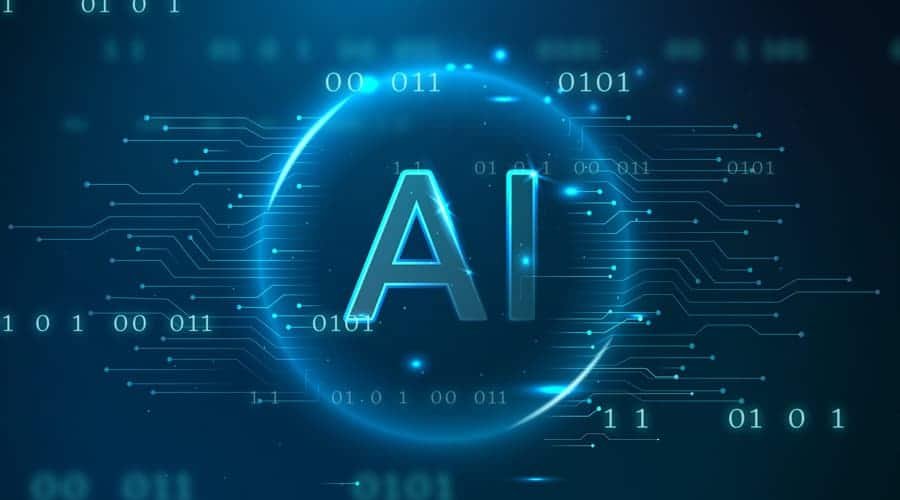
The letter has garnered mixed reactions, with some ethicists criticizing it for focusing on theoretical, eventual harms from AI. Sarah Myers West, the managing director of the AI Now Institute, a nonprofit that studies how AI technology affects society, said the letter misses some major concerns with the AI industry. She said companies like Google and Microsoft are poised to dominate the U.S. AI market, that the technology might put large numbers of creative workers out of work, and that the companies are overhyping what their products can do.
However, industry watchdogs have warned that tech companies are effectively testing out new technology on the general public, and that the companies behind them are deploying them without considering broader consequences, such as how they could disrupt labor markets. The Federal Trade Commission has also warned existing AI companies against making potentially false claims about their products.
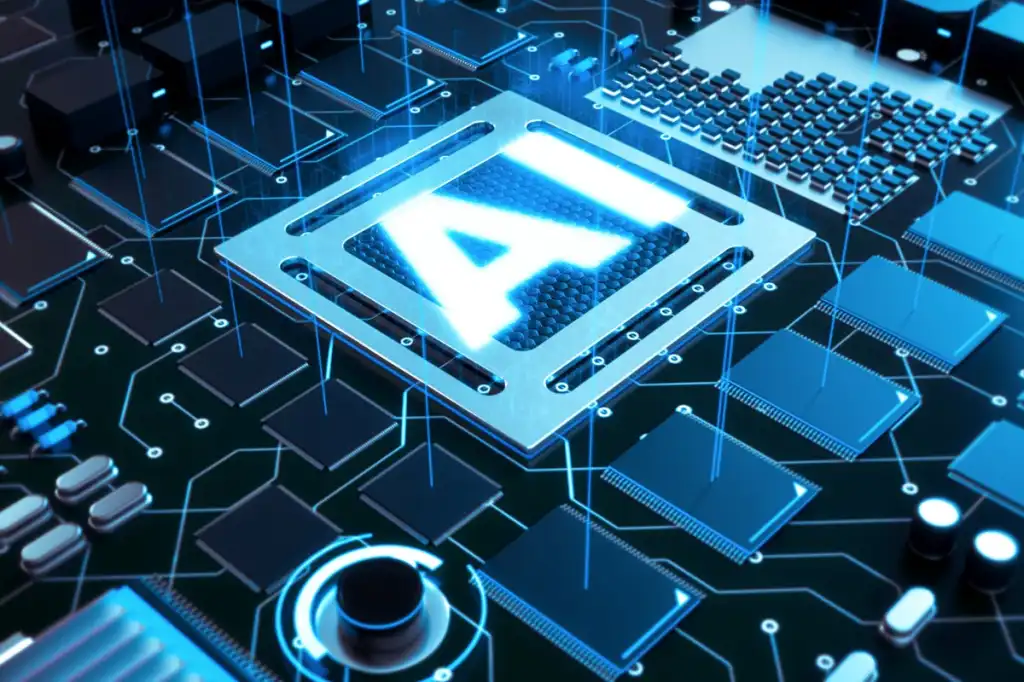
READ MORE – Finland Joins NATO
The AI industry is moving ahead dangerously quickly, and many agree that regulation and enforcement are needed to safeguard the future. While some critics argue that the open letter focuses too much on hypothetical risks, the signatories argue that the risks are real and that action must be taken to prevent potentially catastrophic consequences.
Development in AI Technology.
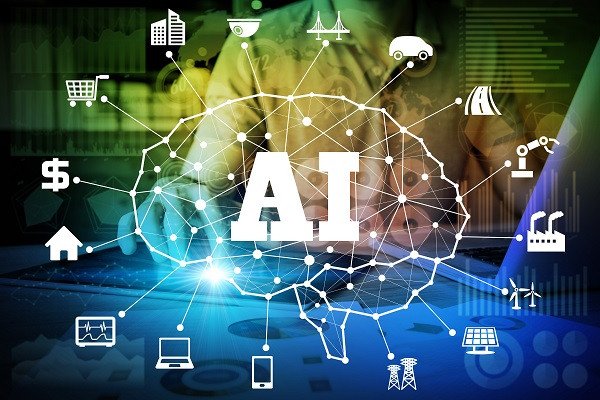
Recent developments in AI technology have had a significant impact on human life. Here are some examples:
- Natural Language Processing: One of the most significant advancements in AI technology is the ability to process and understand natural language. This technology has led to the development of virtual assistants, such as Siri and Alexa, that can understand spoken commands and perform tasks for users. This technology has also been applied in the development of chatbots, which can interact with humans in natural language and provide customer service support.
- Computer Vision: Another important area of AI technology is computer vision, which involves teaching computers to recognize and analyze images and videos. This technology has applications in fields such as healthcare, where it can be used to detect diseases from medical images, and in self-driving cars, where it can be used to identify and avoid obstacles on the road.
- Robotics: AI is also being used to advance robotics, allowing machines to perform complex tasks in a variety of settings. This has led to advancements in fields such as manufacturing, where robots can perform repetitive tasks with high precision, and healthcare, where robots can assist with surgery and patient care.
- Predictive Analytics: AI technology is also being used to develop predictive analytics models that can analyze large datasets to identify patterns and make predictions about future events. This technology has applications in fields such as finance, where it can be used to predict market trends, and in healthcare, where it can be used to predict disease outbreaks.
- Personalization: AI technology is also being used to personalize experiences for individual users. For example, recommendation engines are being used by companies such as Amazon and Netflix to provide personalized recommendations to users based on their previous behavior.
While these developments have brought many benefits to society, they have also raised concerns about the impact of AI on human life. Some of the potential risks associated with AI include job displacement, privacy concerns, and bias in decision-making algorithms. It is important to carefully consider these risks and to develop policies and regulations that ensure that AI is used responsibly and for the benefit of all.

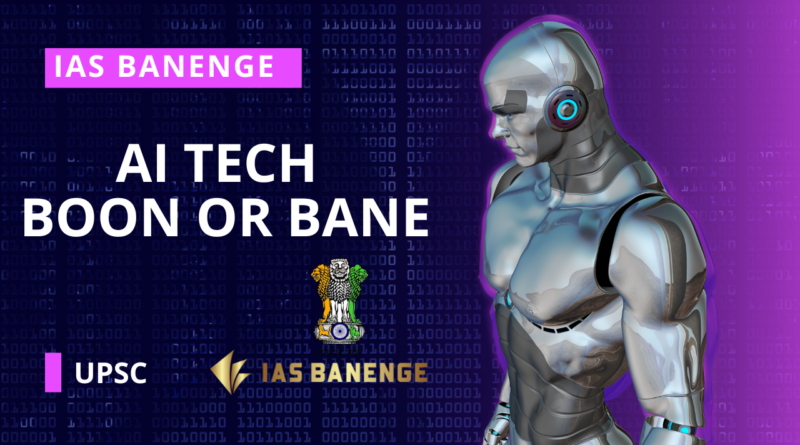



Pingback: "OpenAI Unveils Revolutionary Chat GPT: The AI that Sees and Does Your Taxes!" - Ias Banenge
Pingback: Editorials/Opinions Analysis For UPSC 11 April 2023 Ias Banenge -